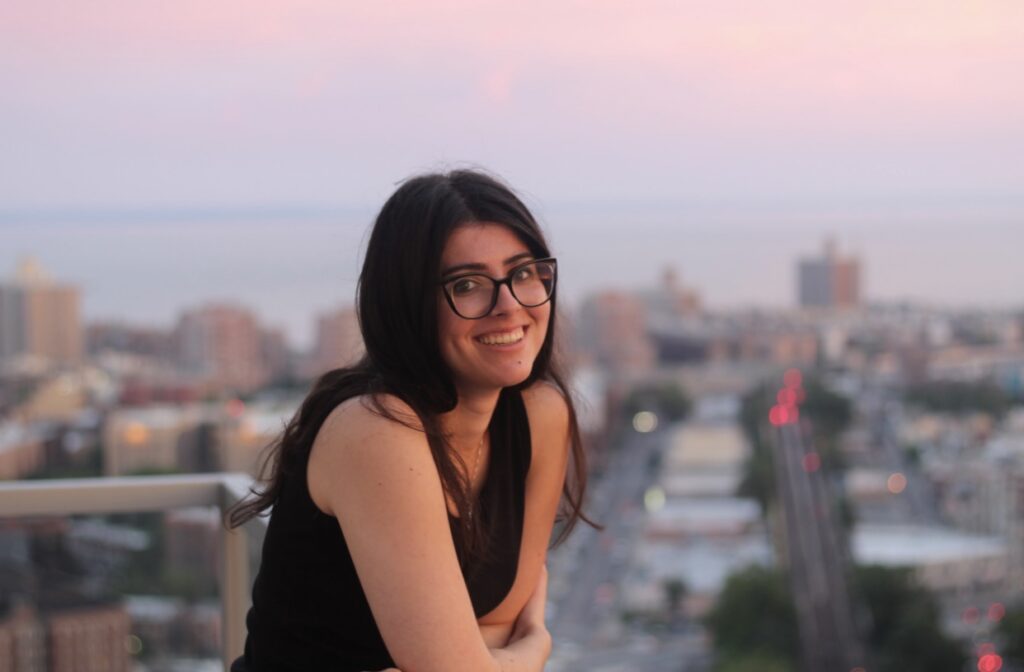
My name is Elizabeth Jefimova and welcome to “From the Armory to the Classroom” an exhibit about student veteran experience. As a first-generation American with no relatives in the military, I found myself drawn to American history, particularly War History. Yet as I learned more about the history behind American involvement, I saw that history books don’t give the necessary due diligence to the men and women who fight in these wars. I began interviewing veterans who served in different wars and became more involved with veteran affairs. Before this project, I had interviewed veterans about their military service and readjustment experience but this time I wanted to narrow my focus to a particular aspect of their transitional experience- the pursuit for higher education. As a student myself, I wanted to learn more about the nontraditional group of students that attend the hundreds of colleges and universities across the country.
This website is a visual representation of my thesis. In my thesis, I contextualized the interviews I conducted with existing literature to highlight continued problems in our understanding of student veteran experience and how institutional accountability is still lacking in higher education. I did this by first presenting a historical overview of veteran benefits and how subsequent eras propagated a debate in what veterans are ‘owed’ against what veterans ‘deserve’. On the website, this section is represented by the timeline, so scroll through! The timeline shows evidence that federal and educational institutions have historically viewed veterans through financial terms and that this is ultimately detrimental to the student veteran experience, as veterans are seen more as assets than as students. Next I argued that the identities forged during military service can affect the formation of identities of post-service as well as how veterans’ perception of themselves affects how they transition into civilian life. Finally, I showed that higher education institutions still do not understand the complexity of veteran experience and may thus negatively impact degree completion if appropriate steps aren’t taken to mitigate potential veteran transitioning problems.
However, although I have reached my conclusion, I hope that visitors will come to their own respective conclusions by listening to the audio clips presented. For this project, I decided to not only interview student veterans but also higher education officials that corresponded to the same school that the student veterans came from. This approach adds a distinct contribution to the current literature, which mainly relies solely on interviewing student veterans when needed.
(Note: Much of the planning for this project was initially done before the COVID-19 pandemic. In total, four interviews were used for this project: two student veteran interviews and two higher education officials. Around the world, as the pandemic has and continues to place a variety of services on hold and the personal health of each individual at potential risk, I refrained from pushing forward with more interviews as it was more important for everyone to take care of themselves and their families.)